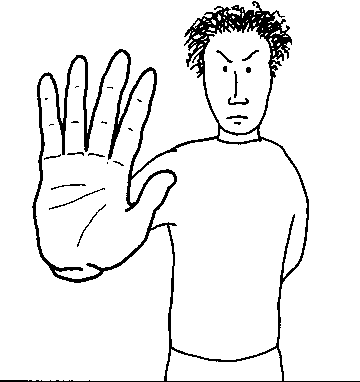chapter 11: neo-freudians (pp)
0.0(0)
Card Sorting
1/37
Earn XP
Description and Tags
Study Analytics
Name | Mastery | Learn | Test | Matching | Spaced |
|---|
No study sessions yet.
38 Terms
1
New cards
neo-Freudians
followers of Freud who developed their own competing psychodynamic theories
-focused more on the ego
-still believe childhood largely impacts further development
-believe in plasticity of personality
-little to no mention of sex
-focused more on the ego
-still believe childhood largely impacts further development
-believe in plasticity of personality
-little to no mention of sex
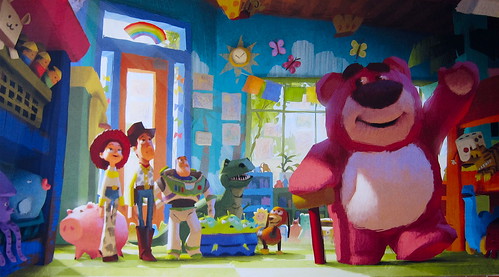
2
New cards
modern psychoanalytic theory
listed by psychoanalyst Drew Westen
-more emphasis on the conscious of reality (ego psychology)
-childhood experiences are key in shaping adulthood relationships
-mental representations of how society and personal thoughts influence interactions
-personality development = moving from social dependency to mature, independent relationship styles
-more emphasis on the conscious of reality (ego psychology)
-childhood experiences are key in shaping adulthood relationships
-mental representations of how society and personal thoughts influence interactions
-personality development = moving from social dependency to mature, independent relationship styles
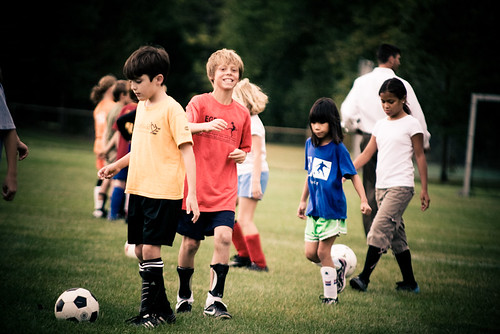
3
New cards
Alfred Adler
neo-Freudian who discovered:
-learned helplessness (based on his childhood)
-focused on overcoming inferiority during childhood
-Oedipal complex more based on outperforming opposite sex parent
-learned helplessness (based on his childhood)
-focused on overcoming inferiority during childhood
-Oedipal complex more based on outperforming opposite sex parent
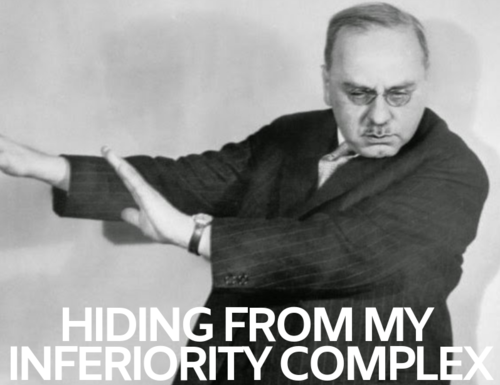
4
New cards
masculine protest
making up for an inferiority complex, especially from early experiences
-from Adler
-ie, rapper lifestyle
-from Adler
-ie, rapper lifestyle

5
New cards
organ inferiority
biologically based defect(s) that gives rise to feelings of inadequacy
-from Adler
-ie, height insecurity
-from Adler
-ie, height insecurity
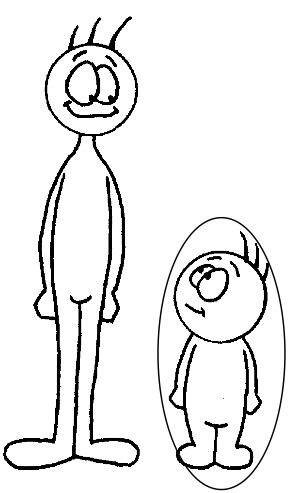
6
New cards
overcompensation
attempts to cover up a sense of inferiority by focusing on outward signs of superiority such as status, wealth, and power
-from Adler
-ie, literally any politician
-from Adler
-ie, literally any politician

7
New cards
inferiority complex
basic feelings of inadequacy stemming from childhood experiences
-from Adler
-from Adler

8
New cards
Carl Jung
neo-Freudian who named:
-collective unconscious
-archetypes
-ways of thinking
-expansion of ego + unconscious
-psychic elements (intergenerationally common)
-had an interest in translucent experiences
-collective unconscious
-archetypes
-ways of thinking
-expansion of ego + unconscious
-psychic elements (intergenerationally common)
-had an interest in translucent experiences
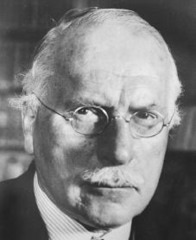
9
New cards
personal unconscious
the part of the unconscious mind holding one's thoughts and feelings (Jung)
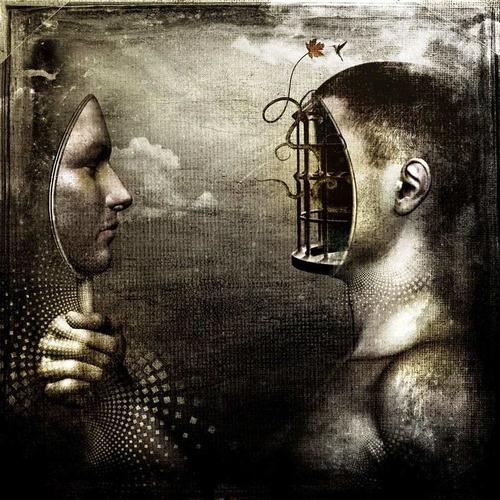
10
New cards
collective unconscious
a shared, inherited reservoir of memory traces from our species' history (Jung)
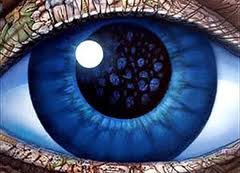
11
New cards
archetype
images and ideals in the collective unconscious (Jung)
-universal emotional symbols (= lying)
-integration of several versions of this = fully developed self
types:
-shadow
-persona
-anima(us)
-mother
-hero
-demon
-universal emotional symbols (= lying)
-integration of several versions of this = fully developed self
types:
-shadow
-persona
-anima(us)
-mother
-hero
-demon

12
New cards
conscious ego
aspect of personality that is conscious and embodies the sense of self (Jung)
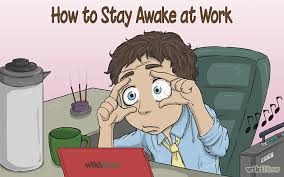
13
New cards
shadow
the repressed, unconscious self (Jung)
-has drives/desires of personal unconscious
-may have animal instincts (thanatos + libido)
-has drives/desires of personal unconscious
-may have animal instincts (thanatos + libido)
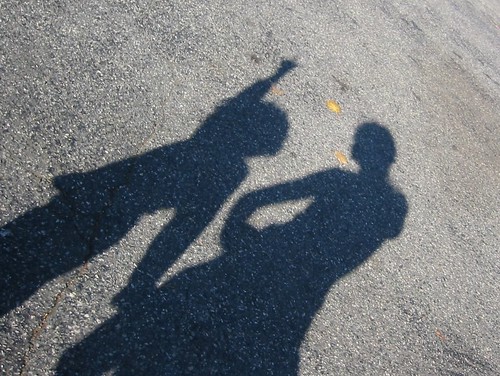
14
New cards
persona
the public self (Jung)
-created to hide the shadow
-role via which collective unconscious speaks
-created to hide the shadow
-role via which collective unconscious speaks
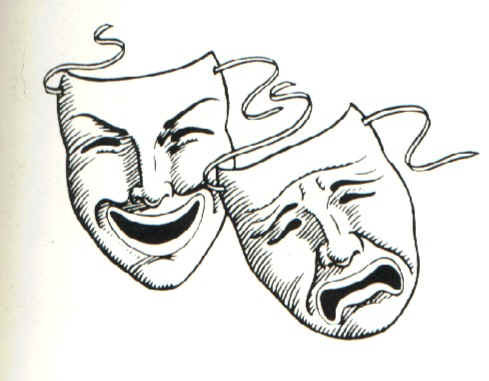
15
New cards
anima
a man's internalized image of women (Jung)
-based on experiences w/female family members
-based on experiences w/female family members
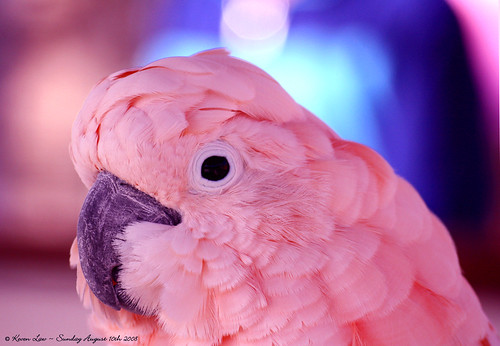
16
New cards
animus
a woman's internalized image of men (Jung)
-based on experiences w/male family members
-based on experiences w/male family members
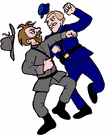
17
New cards
extraversion vs. introversion
psychologically inward + outward (Jung)
-whether a person tends toward being outgoing and sociable or shy and quiet
-whether a person tends toward being outgoing and sociable or shy and quiet
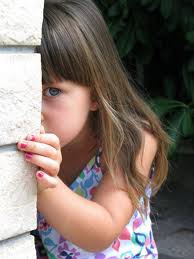
18
New cards
thinking vs. feeling
how does the individual judge information? (Jung)
-thinking through vs. gut feelings
-thinking through vs. gut feelings
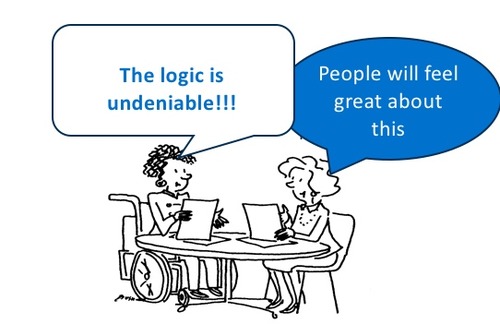
19
New cards
sensing vs. intuition
'being present in the world' vs. 'figuring things out' (Jung)
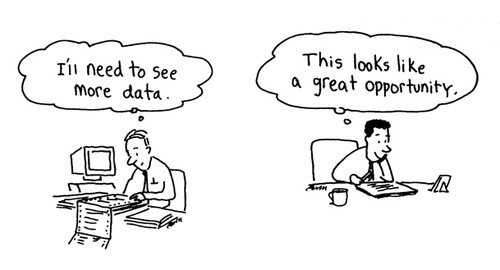
20
New cards
Erikson's stages of development
1. trust vs. mistrust
2. autonomy vs. shame and doubt
3. initiative vs. guilt
4. industry vs. inferiority
5. identity vs. role confusion
6. intimacy vs. isolation
7. generativity vs. stagnation
8. integrity vs. despair
2. autonomy vs. shame and doubt
3. initiative vs. guilt
4. industry vs. inferiority
5. identity vs. role confusion
6. intimacy vs. isolation
7. generativity vs. stagnation
8. integrity vs. despair
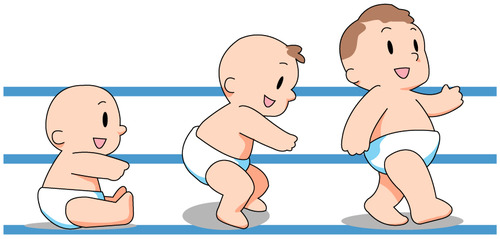
21
New cards
trust vs. mistrust
Erikson's first stage
-age range: birth to 1yr
-highlights: whether or not needs will be met, ignored or overindulged
-hope + confidence vs. pessimism
-age range: birth to 1yr
-highlights: whether or not needs will be met, ignored or overindulged
-hope + confidence vs. pessimism
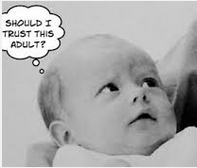
22
New cards
autonomy vs. self-doubt
Erikson's second stage
-age range: 1-3yrs
-highlights: figuring out who is in charge (baby or adult)
-self-confidence vs. shame for autonomy
-age range: 1-3yrs
-highlights: figuring out who is in charge (baby or adult)
-self-confidence vs. shame for autonomy
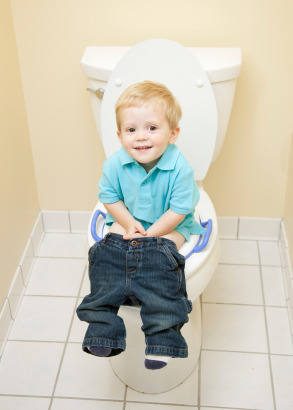
23
New cards
initiative vs. guilt
Erikson's third stage
-age range: 3-6yrs
-highlights: anticipation/fantasticating of adult life
-curiosity
-age range: 3-6yrs
-highlights: anticipation/fantasticating of adult life
-curiosity

24
New cards
industry vs. inferiority
Erikson's fourth stage
-age range: 6-11yrs
-highlights: developing skills to 'fit in' and conform
-finding skills to contribute to society
-age range: 6-11yrs
-highlights: developing skills to 'fit in' and conform
-finding skills to contribute to society
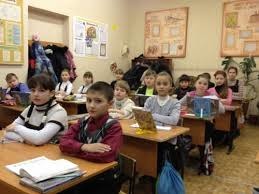
25
New cards
identity vs. identity confusion
Erikson's fifth stage
-age range: 11-20yrs
-highlights: develop a lasting, integrated sense of self
-acceptance of the self
-pinnacle of one's development
-age range: 11-20yrs
-highlights: develop a lasting, integrated sense of self
-acceptance of the self
-pinnacle of one's development
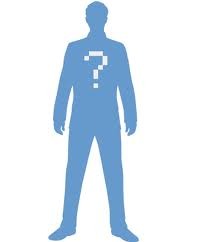
26
New cards
identity diffusion
avoiding commitments to one identity
-common in people with no sense of identity
-common in people with no sense of identity

27
New cards
identity foreclosure
commitment to one identity without exploring other options
-common in people with an enforced lack of identity (ie, religious groups)
-common in people with an enforced lack of identity (ie, religious groups)

28
New cards
identity moratorium
exploration of identities without having reached commitment
-common in people with burgeoning sense of identity
-common in people with burgeoning sense of identity

29
New cards
identity achievement
progression from moratorium to knowing one's personality
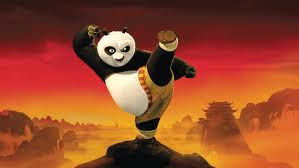
30
New cards
intimacy vs. isolation
Erikson's sixth stage
-age range: 20-50yrs
-highlights: forming deeply personal relationships and/or marrying + beginning families
-partners must know themselves first before committing to each other
-age range: 20-50yrs
-highlights: forming deeply personal relationships and/or marrying + beginning families
-partners must know themselves first before committing to each other

31
New cards
generativity vs. stagnation
Erikson's seventh stage
-age range: 50-70
-highlights: doing more to fulfilling one's potential (ie, public service)
-age range: 50-70
-highlights: doing more to fulfilling one's potential (ie, public service)

32
New cards
integrity vs. despair
Erikson's eighth + last stage
-age range: 70+
-highlights: looking back on one's life when face with a prospect of death
-age range: 70+
-highlights: looking back on one's life when face with a prospect of death
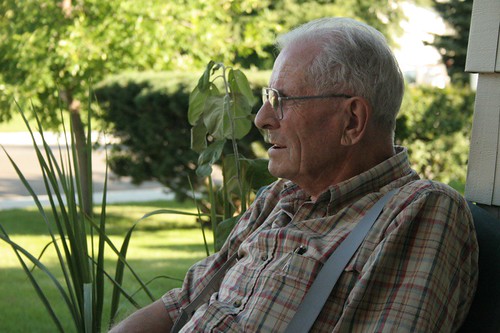
33
New cards
narrative identity
integrates past, present and perceived future into a story of one's personality (McAdams)
-starts in adolescence
-connects who one imagines they were, are and will be
-starts in adolescence
-connects who one imagines they were, are and will be
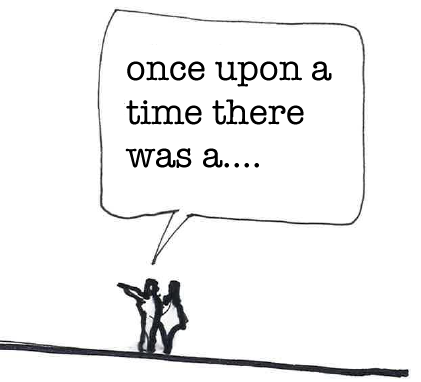
34
New cards
attachment theory
early attachments with parents, caregivers and other loved ones become embedded in unconscious (Bowlby)
-memories of those bonds are used as the basis of later relationships
-sees attachment as the basis of love
-memories of those bonds are used as the basis of later relationships
-sees attachment as the basis of love

35
New cards
strange situation test
a lab-controlled, parent-infant 'separation and reunion' procedure
-used to test the security of a child's attachment
-used to test the security of a child's attachment
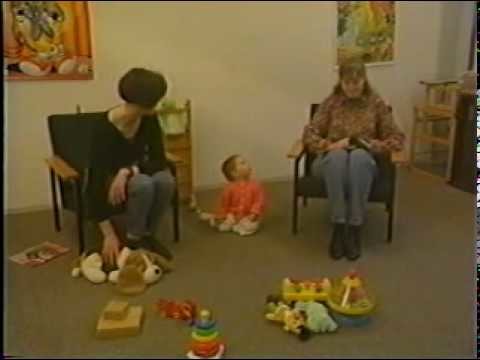
36
New cards
secure attachment
-strange situation test: baby is happy around the parent, has high separation anxiety when parent leaves, and is delighted by their reunion
-adulthood: adult is able to maintain healthy, stable relationships
-adulthood: adult is able to maintain healthy, stable relationships
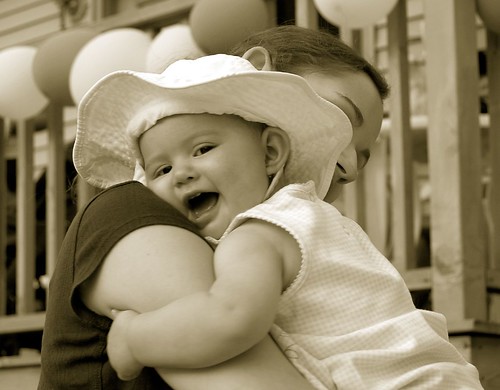
37
New cards
anxious attachment
-strange situation: baby holds on to the parent, cries at separation, and re-clings to parent at reunion
-adulthood: adult is clingy and emotionally unstable in relationships, likely due to parental neglect
-aka anxious-ambivalent attachment
-adulthood: adult is clingy and emotionally unstable in relationships, likely due to parental neglect
-aka anxious-ambivalent attachment

38
New cards
avoidant attachment
-strange situation: baby ignores the parent the entire duration of the test
-adulthood: adult has a fear/distaste for intimate relationships, likely due to parental abuse
-adulthood: adult has a fear/distaste for intimate relationships, likely due to parental abuse
